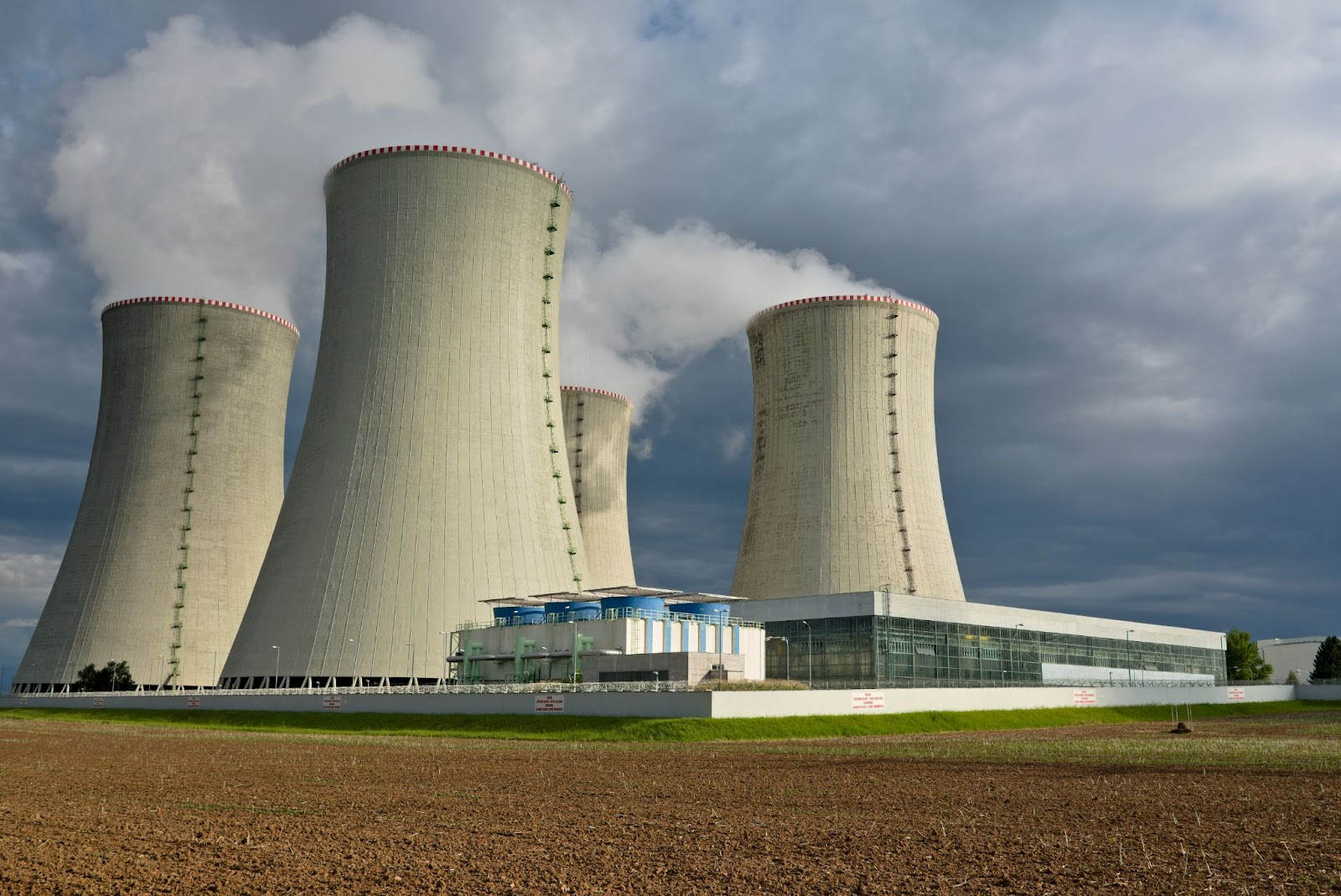Energy storage is a crucial component of renewable energy systems, enabling the efficient and reliable integration of intermittent energy sources like solar and wind power. Here’s why energy storage is essential:
Benefits of Energy Storage
- Grid Stability: Energy storage helps stabilize the grid by balancing supply and demand, reducing the likelihood of power outages and grid instability.
- Renewable Energy Integration: Energy storage enables the efficient integration of renewable energy sources, allowing for a higher penetration of solar and wind power in the energy mix.
- Energy Security: Energy storage provides backup power during outages, ensuring continuity of critical infrastructure and services.
- Economic Benefits: Energy storage can reduce energy costs by optimizing energy usage, reducing peak demand, and providing arbitrage opportunities.
Types of Energy Storage
- Battery Energy Storage: Lithium-ion batteries, lead-acid batteries, and other battery technologies store energy for short-duration applications.
- Pumped Hydro Storage: Pumped hydro storage facilities store energy by pumping water between reservoirs, releasing it to generate electricity during peak demand.
- Other Energy Storage Technologies: Other technologies like compressed air energy storage, flywheel energy storage, and hydrogen storage are also being developed and deployed.
Applications of Energy Storage
- Grid-Scale Energy Storage: Large-scale energy storage systems support the grid, providing stability and reliability.
- Behind-the-Meter Energy Storage: Energy storage systems installed behind the meter, such as residential solar-plus-storage systems, provide backup power and optimize energy usage.
- Microgrids: Energy storage is a critical component of microgrids, enabling reliable and efficient energy supply in remote or island communities.
Future of Energy Storage
- Innovation and Cost Reduction: Advancements in energy storage technologies are driving cost reductions, making energy storage more competitive with traditional energy sources.
- Increased Adoption: Energy storage adoption is expected to grow rapidly, driven by increasing demand for renewable energy and grid resilience.
- Integration with Smart Grids: Energy storage will play a critical role in the development of smart grids, enabling real-time energy management and optimization.
By enabling the efficient and reliable integration of renewable energy sources, energy storage plays a vital role in the transition to a low-carbon energy future.


